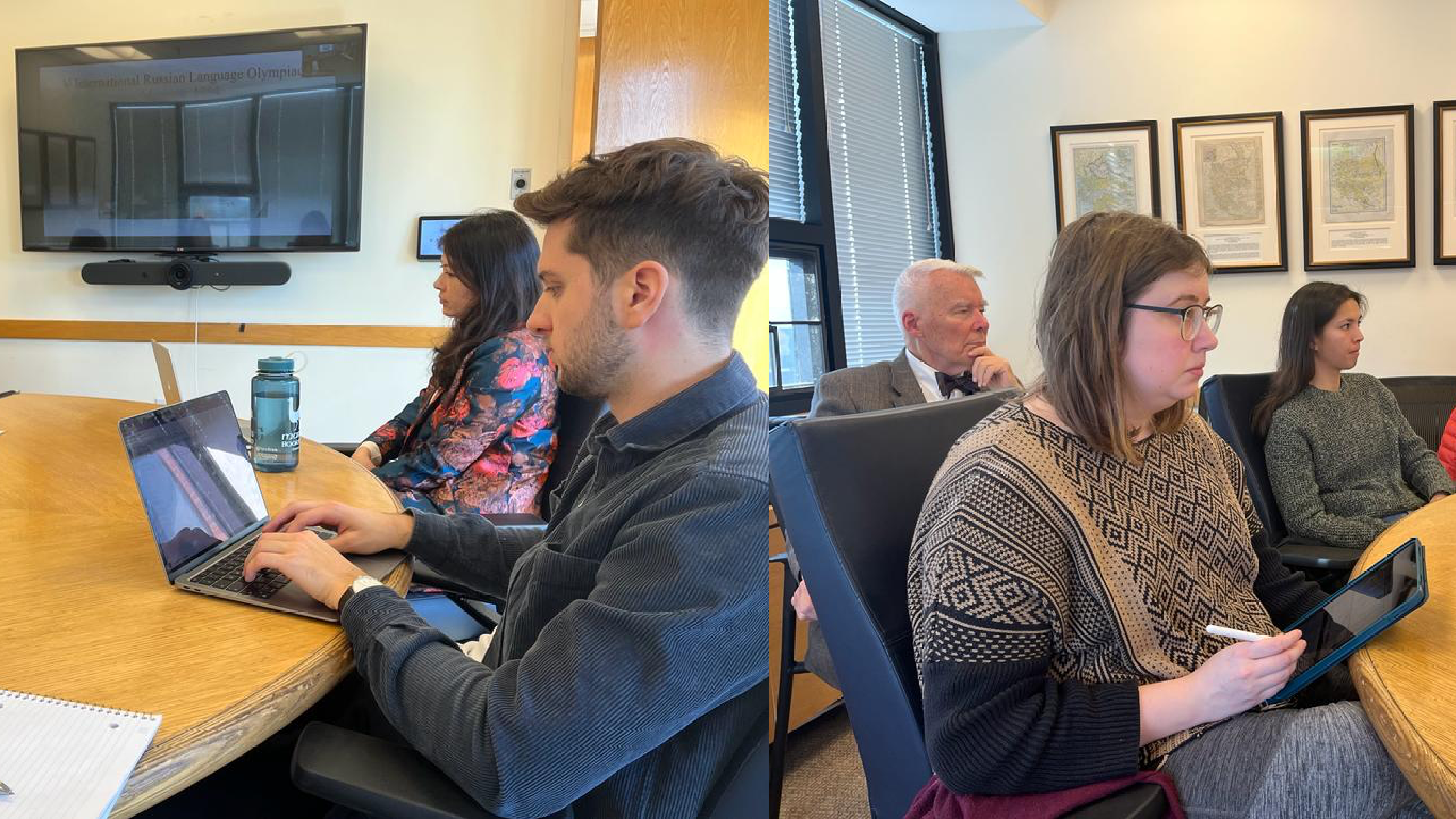
The Spread of the Russian Language in the Global South during the Cold War
By Nayan Seth, MGA Candidate 2024, The Fletcher School
For a long time, language has been utilized to gain global influence by great powers. During the Cold War, it was no different. Apart from fighting proxy wars in multiple countries, both the United States and the Soviet Union indulged in a battle for the spoken word. A new research paper from Rachel Applebaum, Associate Professor of History at Tufts University, sheds light on the rise of Russian as a world language during the Cold War linguistic competition in the countries of the Global South.
On November 15, 2023, Applebaum shared her insights about the research at the LSE-Tufts Seminar in Contemporary International History held at The Fletcher School. After World War II, the Russian language was included in a select group of most common international languages, including English, French, and German.
“During the Cold War, Russian joined the ranks of world languages. It became an official language of international organizations, including the United Nations and UNESCO.” In the Global South, the spread of communism and decolonization “created new opportunities” for the Russian language.
“The widespread study of Russian beyond the USSR borders first began in the new socialist countries in Eastern Europe and East Asia in the late 1940s when local communist leaders made Russian a required foreign language in schools.” In Asia and Africa, socialist-leaning and non-aligned states with ties to the USSR such as Senegal, Mali, and Cambodia also recruited Soviet Russian language teachers.
According to Applebaum, the Soviet efforts to promote the Russian language were in response to the Western efforts to “either maintain or build political and cultural influence” post-decolonization. “Soviet officials viewed Western language promotion as a threat to their own national interests. They adopted the idea from their Western adversaries that language could serve as a form of soft power.”
However, the project created unique challenges for the Russian teachers in the Global South, as very few could speak English or French. “This was a constant complaint from people in the Global South, particularly in the educational sector that Soviet teachers do not speak English or French well, compared to the Americans or the British.”

Although the Russian language made credible inroads, it could not win the global language battle with English and French. And the collapse of the Soviet Union dealt a huge blow to the language promotion efforts. “In Eastern Europe, where literally overnight, all the Eastern Bloc countries where Russian had been an obligatory language in schools and universities transferred to English,” Applebaum said.
In the last few years, there has been an effort by Vladimir Putin’s regime in Russia to revive the language project. Applebaum believed that although it has a few common aims, it is different in nature.
“So one [aim] is to promote Russians to foreigners, but a large part of what they do is also establishing connections with the Russian-speaking diaspora,” the same community during the Soviet period was viewed with scepticism.
“They [USSR officials] were afraid of emigres whereas the Russian government is very much trying to establish contacts with those emigres and bring them into the fold,” Applebaum concluded.
